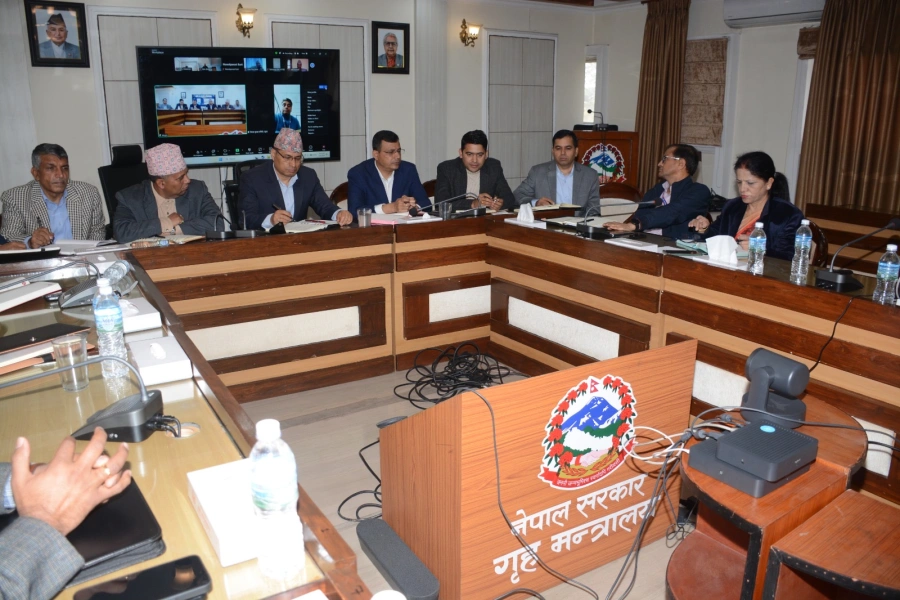The recent report released by the Office of the Auditor General (OAG) reveals an alarming increase in the government's arrears, which has reached a total of Rs 587 billion, indicating growing financial irregularities in government offices. This news should be a cause for concern for the government and citizens alike, as it highlights the need for better financial discipline and transparency in government expenditure. Arrears are a result of financial transactions carried out without the required documents and fulfilling the processes and it is often an indication of corruption and irregularities in government bodies. The fact that the arrears have been increasing by a significant amount every year only serves to highlight the extent of this problem in our country. It is high time the government takes immediate steps to address this issue and ensure that there is no room for such irregularities to take place.
The OAG report classifies arrears into three types: those that must be recovered, those that must be regularized, and advances. In the first category, the amount misappropriated, losses, and the amount left to be recovered are included. The arrears to be regularized involve inadequate documents and processes, failing to delegate authorities, and non-reimbursed amounts. The advances include the amount taken in advance by civil servants and expenses for mobilization. It is concerning to note that the Ministry of Finance holds the largest amount of non-transparent expenses in the federal government, with arrears standing at Rs 32.46 billion. This accounts for around 58 percent of the total arrears of the federal government offices. The Ministry of Physical Infrastructure and Transport is second on the list, with a total arrears of Rs 8.79 billion, followed by the Ministry of Communications and Information Technology with arrears of Rs 2.70 billion.
Increasing arrears concerning in view of economic discipline: S...

There are several measures that the government can enforce to control arrears and ensure financial discipline. One of the important measures in this regard is strengthening financial management systems by ensuring that financial transactions are carried out in a transparent and accountable manner. This can include introducing effective budgeting and planning processes, implementing proper accounting and auditing practices, and enforcing strict financial control measures. Similarly, the government can enhance its monitoring and oversight mechanisms to ensure that financial transactions are properly documented and processed. This can include establishing effective internal controls, conducting regular audits, and implementing a robust reporting and feedback system. Additionally, the government can ensure timely payment of bills to prevent the accumulation of arrears. This can include introducing a system of penalties for late payment and establishing an effective payment monitoring and reporting system. Above all, the government should gradually make it mandatory to encourage the use of electronic payment systems to reduce the risk of financial irregularities and misappropriation of funds. This may involve promoting the use of digital payment systems for public procurement, tax payments, and other government transactions. The role of the Commission for the Investigation of Abuse of Authority (CIAA) is equally critical to promote transparency and accountability in public procurement processes.
The fact that the government’s arrears rose by a whopping Rs 119.77 billion in Fiscal Year 2021/22 is a clear indication that the government needs to prioritize financial discipline and avoid rampant cash transfers. The government must ensure that all financial transactions are carried out transparently, with all the necessary documents and processes in place. It is imperative that the government takes steps to recover the arrears and regularize those that can be regularized. The advances must be monitored to ensure that they are being used for the intended purpose. It is also important that the government makes the process of government expenditure transparent. The citizens have the right to know how their tax money is being spent. The government must provide a clear and comprehensive report on all its expenditure, which should be accessible to the public. This will help to ensure that there is greater accountability and transparency in government expenditure, which will, in turn, help to curb financial irregularities. It is time for the government to prioritize financial discipline and avoid rampant cash transfers, which will help to build trust and confidence in the government among the citizens.






































